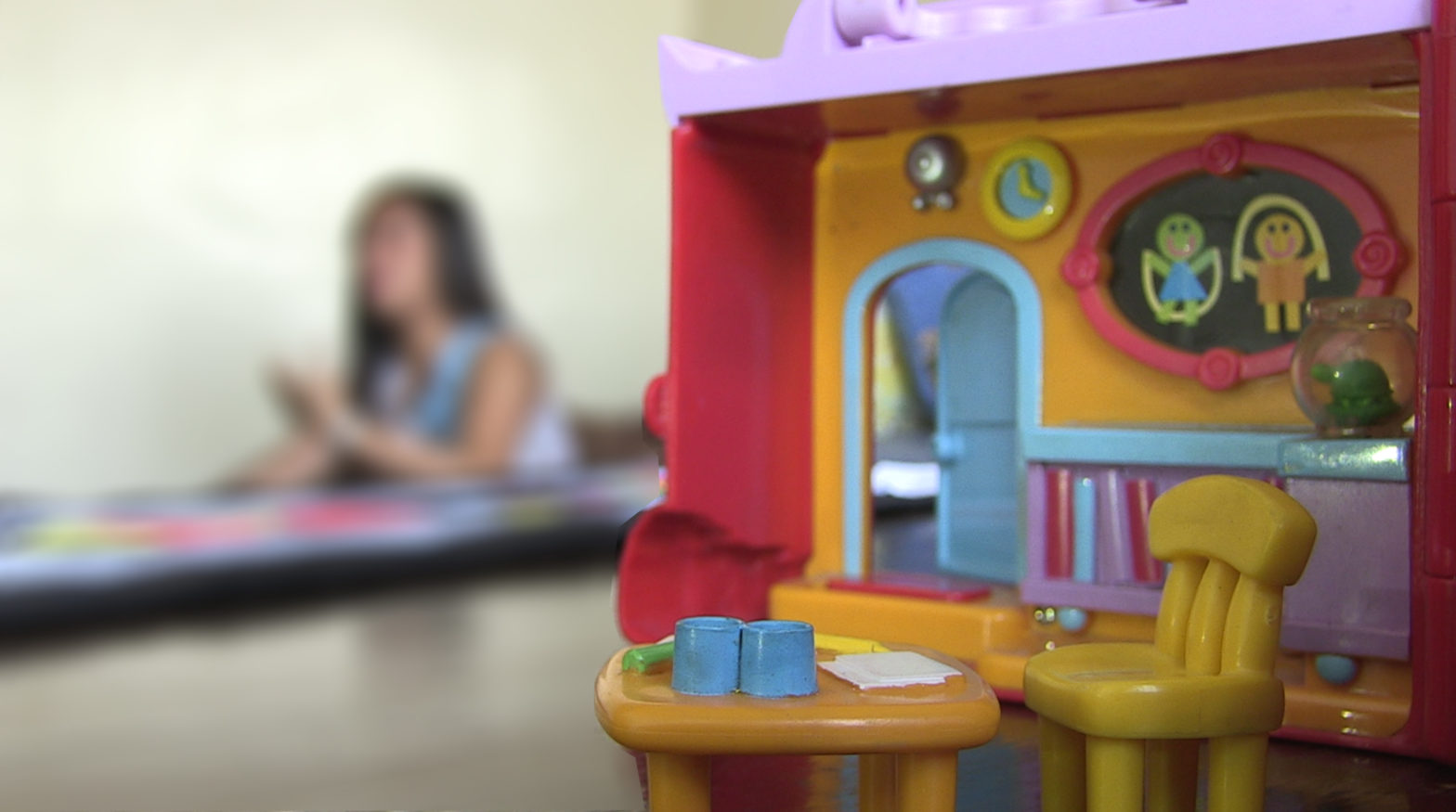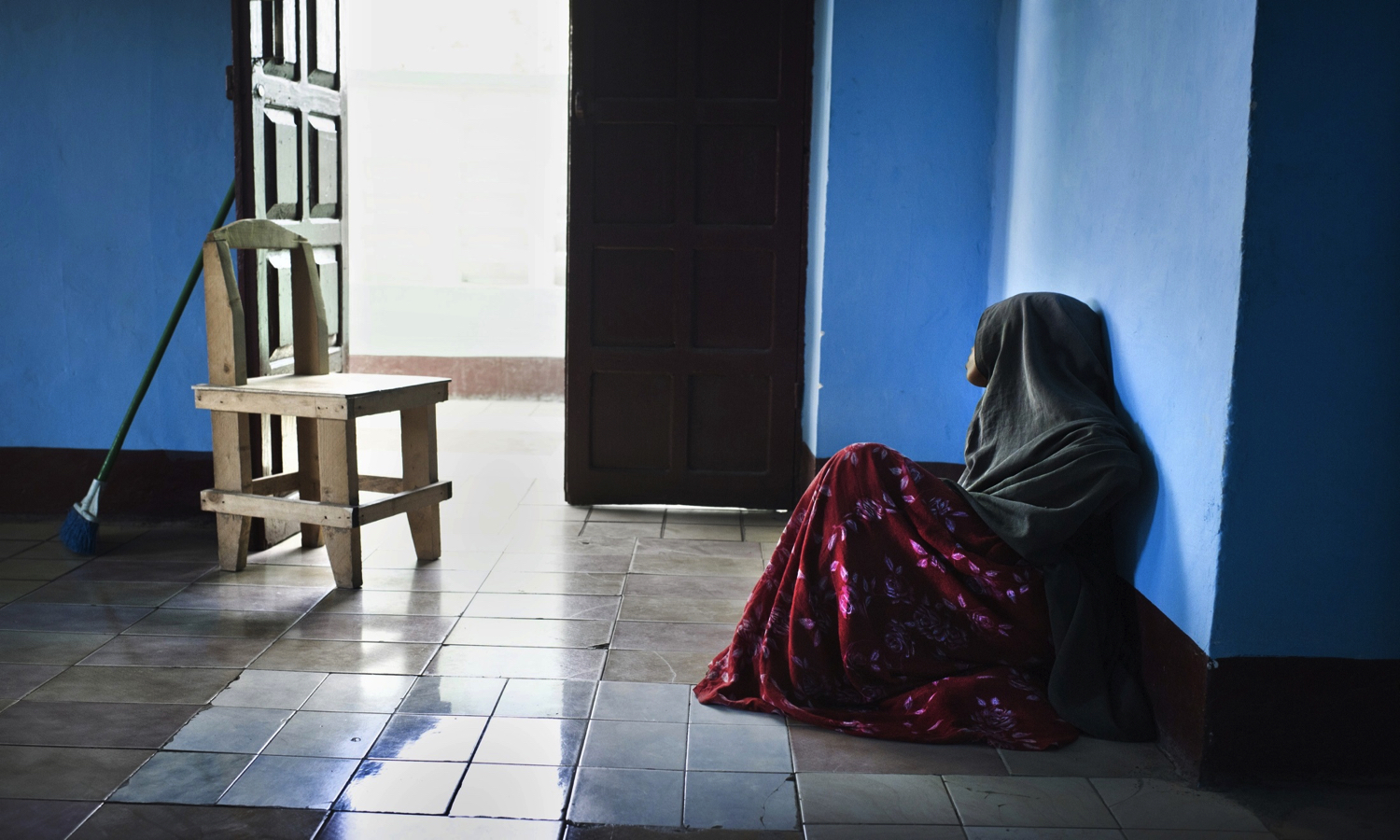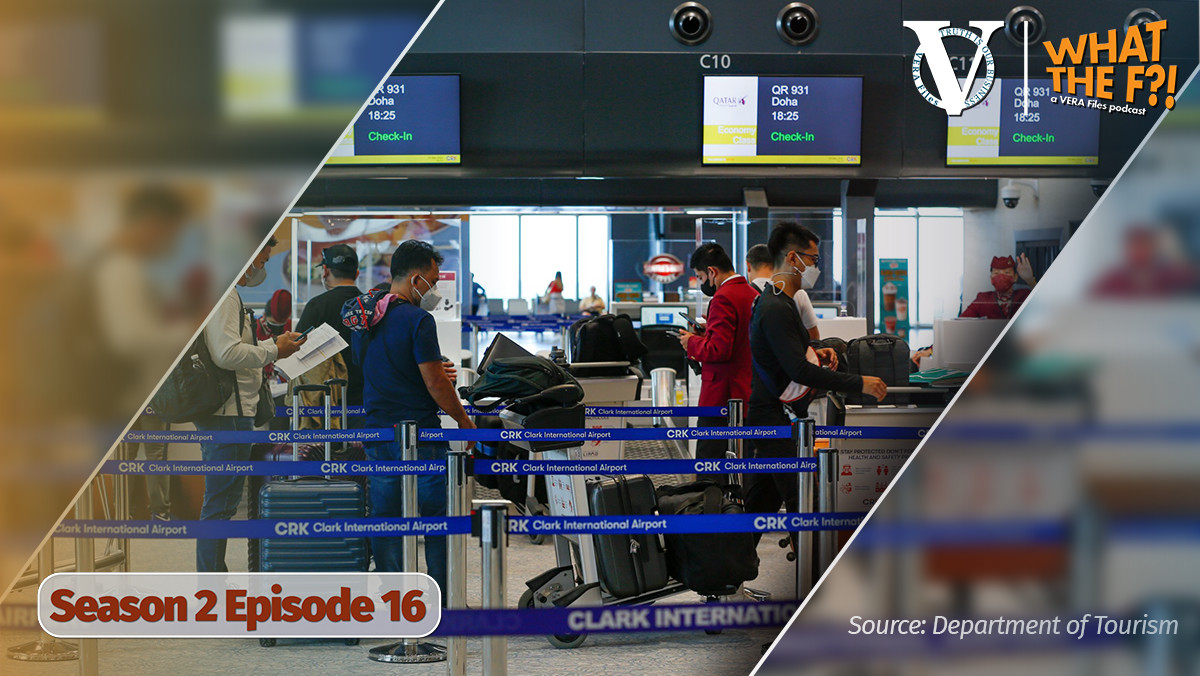By DANIEL ABUNALES

Faith, not her real name, was an easy target.
Only 17 years old, she was already living by herself in another city, working to earn enough for herself to get by and still provide for her family back in the province.
Her monthly wage at a fastfood chain was P900, although some months she got lucky, and with overtime pay got to take home P1,300.
It was an old Australian man who “groomed” her. He offered her phone credits first, then cash allowances, then free travels to wherever. But Faith said no when he made sexual advances.
One night, though, they went out for a party, and she got so drunk she passed out.
“Pag gising ko, umaga na. Tapos nasa higaan na ako. Wala na, nakahubad na ako’t lahat (It was already morning when I came to my senses. I was already in bed with him, naked),” Faith recalled.
He paid her P7,000.
It was the first time she had held that much money, said Faith, who sent the money to her family in the Visayas, for them to start a small business.
She continued seeing him, and he would videotape some of their sexual encounters.
But when she stopped seeing him, he circulated the content online.
It turned out it was not just her.
“Aside sa ’kin, nakita ko yung mga bata (It was not just my videos. There were those of other young girls as well),” Faith said.
She decided to sue.
If recent human trafficking statistics in the Philippines alone should be her basis, Faith has reason to be optimistic about her case.
As of Feb. 29 this year, a total of 199 cases involving 222 traffickers have resulted in convictions during the Aquino presidency.
This looks like a sterling record, more so when compared to the previous administration’s: From 2005 when the state secured its first trafficking conviction to 2010, there had been only 29 trafficking convictions.
The Aquino administration, in fact, had already achieved half of this number in its first six months in office.
Yet what the numbers conceal are the harsher realities lived by Faith and many others like her who survived their traffickers, only to discover that coming home and reintegrating into society are almost as tough.
Faith’s case is among the 2,831 filled in court that are in various stages of prosecution.
Awaiting progress, Faith would now and then be reminded that her nude photos and videos still lurk online.
Her partner left her when he found out about the case.
Victim blaming happens fairly often among human trafficking survivors, and is more pronounced for those who are expected to send money to their families back home, said Kevin Hyland, an independent Anti-Slavery Commissioner for the United Kingdom.
“When it doesn’t work out, they become shamed,” Hyland told VERA Files during the Trust Women conference in London last November.
Survivors are also blamed for not being cautious enough in taking chances to work elsewhere in the country or abroad, said Marcelina Carpizo of the nonprofit Philippines Against Child Trafficking (PACT).
Faith’s toughest challenge coming home had come from a most unexpected person: her mother.
A lawyer representing her perpetrator visited her mother in their hometown and offered her P5 million to drop the case.
Her mother wanted to take the deal, but Faith refused, and had to move out of the house.
She considers herself more fortunate than other survivors, because a nonprofit group, End Child Prostitution Child Pornography and Trafficking of Children for Sexual Purposes (ECPAT), took her on and continues to help her.
Aware that the risk of revictimization is higher when survivors return to their hometowns, groups like PACT and ECPAT provide shelter and reintegration support for survivors.
Carpizo says her NGO conducts family and community assessments before it decides to reintegrate a child back in the community.
If her group deems it unsafe to return the child to the community, PACT would keep him or her in the shelter to avoid revictimization.
“They might as well stay here until college, kung kaya pa namin (if we can afford it),”she said.
Besides poverty, “an interplay of values” makes a person vulnerable to human trafficking, lawyer Noemi Abarientos of the Cebu-based Children’s Legal Bureau (CLB) said.
The CLB has handled cyber sex trafficking cases of women and children involving parents as perpetrators.
Abarientos said some of these parents work in export-processing zones earning P350 a day. But this is still no match to cybersex operations, which only require 30 minutes to two hours of work to yield that much.
“It’s actually a no-brainer which source of income they would choose,”she said.
Sadly, reintegration support is among the crucial services that government has not given much priority.
Human rights lawyer Cristina Sevilla, who specializes in trafficking litigation, said government focus is mostly on law enforcement and prosecution, which get a large chunk of the annual budget.
This strategy ties up well with the annual Trafficking in Persons (TIP) Report, which ranks governments based on their efforts to combat human trafficking.
In 2009, the Philippines was dealt a massive blow: the TIP Report placed it under Tier 2 Watch List for its low number of human trafficking convictions.
The country’s rank remained the same the following year.
A third consecutive year in Tier 2 Watch List would automatically downgrade the country to Tier 3 ranking, which would result in restrictions of non-humanitarian aid from the United States government, which administers the TIP Report.
Increasing convictions had since then become a priority.
In October 2010, the Supreme Court issued a circular order to fast track cases for violations of the Anti-Trafficking in Persons Act, enacted in 2003.
The Philippines was lifted to Tier 2 status in the 2011 TIP Report.
In 2012, amendments were introduced to the trafficking law, which broadened the definition of human trafficking, criminalized attempted trafficking and removed the confidentiality protection extended to perpetrators.
The government had wanted to raise the number of convictions and improve the country’s rank in the TIP Report, hence the amendments, Sevilla wrote in an academic paper published on The Summit by Georgetown Journal of International Law Online.
Convictions indeed rose, but these turned out to be rather empty victories for trafficking survivors.
Figures from the Philippine Inter-Agency Council Against Trafficking (IACAT) reveal that since 2005, the total court-imposed restitution fines amount to more than P400 million.
Yet the state has not collected any amount from convicted traffickers, most of whom are only middle-men involved much bigger trafficking operations, Sevilla said.
Successful prosecution alone will not solve the problem, she added.
“A solely criminal justice approach will neither prevent victimization nor deter criminals,” Sevilla wrote in her paper, especially in a country like the Philippines where economic and gender inequality remain a major challenge.
Lawyer Darlene Pajarito, newly appointed chief of IACAT, said the government indeed needs to focus more on setting up strong reintegration policies.
But she also noted that the government’s antitrafficking strategy is “not totally reactive.”
“We are a developing country and doing that is a challenge in itself, and fighting human trafficking is another challenge,” she said.
Pajarito said the Philippine government’s efforts are “way ahead” compared to other Asian countries.
The 2014 Global Slavery Index ranks the Philippines as the best in Asia and third in the Asia Pacific Region, next to Australia and New Zealand.
“We couldn’t have been in that rank if we are merely reactive,” Pajarito said.
Abarientos of CLB said while her organization is happy with the government’s efforts to prosecute offenders and rescue victims, it is equally important to acknowledge that trafficking is just a “symptom of a deeper problem” that needs a more comprehensive approach.
A comprehensive approach covers both preventive measures as well as reintegration services.
“States must rethink their approach to trafficking, and refocus resources, energy and efforts to addressing its varied and complex root causes,” Sevilla wrote.
It does not help survivors that in the Philippine justice system, some if not most cases can languish in trial courts for decades.
It has been two years since Faith has filed her case, and during that time, she has become an antitrafficking advocate.
She leads peer support groups for trafficking survivors and is in her second year taking up a bachelor’s degree in education.
Authorities are still unable to locate and arrest her perpetrator.
A hold departure order has been issued to ensure he will not be able to get out of the country, if he hasn’t already.


